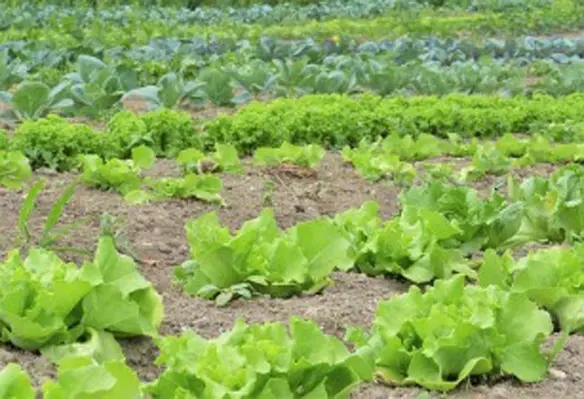German chemical company BASF has submitted the regulatory dossier for Luximo and Tirexor herbicide products for the Australian growers
The two compounds aims to demonstrate robust performance against a broad range of difficult-to-control grasses and broadleaf weeds and are expected to help growers successfully safeguard their crops while managing the ongoing challenge of herbicide resistance.
“Luximo and Tirexor are the latest solutions, and outstanding examples, of our commitment to developing new active ingredients to keep crops healthy and maximise yields,” said Markus Heldt, president of the BASF Crop Protection division.
“The constant and close exchange with our customers has helped us to find the right, effective solutions answering growers’ challenges: support for resistance management, environmental-friendly approaches and fast-acting solutions,” Heldt added.
Luximo aims to provide pre-emergence, residual control against a broad range of grasses including difficult-to-control blackgrass and ryegrass in winter cereals. The molecule boasts a novel mode of action that controls grasses that have developed resistance. It further strengthens existing integrated weed management systems for sustainable resistance management.
Tirexor is a new protoporphyrinogen oxidase (PPO) inhibitor herbicide offering the unique capability to control PPO-resistant weeds including tough-to-control pigweed and ragweed species. The new herbicide is fast-acting, with foliar effects that can occur in as little as one day.
“As a flexible herbicide, Tirexor also provides residual and burndown control of certain grass and broadleaf weeds and will be a preeminent means for the control of wild radish, ryegrass, capeweed, and many other weeds of issue in Australian cereal crops,” said the company.
BASF expects first market introductions of Luximo-based product formulations as early as 2020 in Australia and 2021 in the UK. Also pending regulatory approval, BASF anticipates Tirexor-based product formulations to be introduced in Australia from 2020 onwards.




